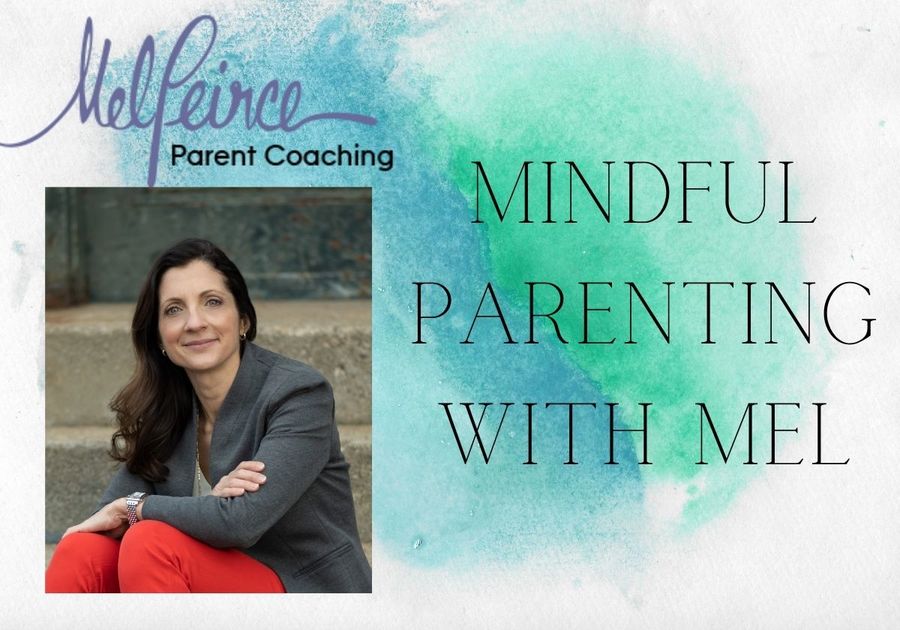What does raising an emotionally healthy child mean to you? For many parents, it means raising kids that generally feel good and positive. Unfortunately, this definition can have parents trying to protect their children from “negative” feelings and challenging situations and detract from their developing mental strength and resilience.
As a coach for parents of kids struggling with BIG Feelings, many clients come to me wondering what to do to help stop their kids from having outbursts and BIG Feelings. I share right up front that the secret to parenting through BIG feelings is not stopping our kids from having them, but teaching them the skills to navigate through them.
I believe that the same concept applies to emotional health, and I encourage parents to redefine what it means to raise emotionally healthy children. Raising emotionally healthy kids is not a state we help them achieve, but a set of skills that we help them develop.
Because let’s face it, our kids are going to experience anger, anxiety, disappointment, frustration, grief, rejection, sadness — and a whole host of other “negative” feelings throughout their lives. We can’t protect our kids from experiencing these feelings and trying to won’t serve them in the long run.
If we raise our kids to think that they shouldn’t experience BIG and “negative” feelings, or that if they’re having them something must be wrong, they will struggle with every single challenge that comes up throughout their lives.
Knowing that kids have to experience “negative” feelings to learn how to navigate them doesn’t make it any easier when watching them struggle through it. When we see someone that we love struggling, it’s difficult and completely normal to want to end the struggle for them.
As parents, everything in our being will scream at us to do something because our natural instincts are to protect our children. Having them experience “negative” feelings feels unsafe to our nervous system. This can drive us to take responsibility for how our kids feel.
I saw this come up most recently in a coaching session with a Mom whose 7-year-old was fine with going to school when he took the bus, but he would cry whenever she dropped him off. As a result, she was anxious every morning worrying that he would miss the bus and cry.
Feeling anxious had this Mom on edge every morning, which had the rest of the family on edge too. Mornings were very stressful for this family and outbursts were common for both the Mom and her son.
I invited the Mom to consider that her son missing the bus wasn’t a problem. Instead of doing everything she could to avoid her son getting upset, I encouraged her to be open to the perspective that when things don’t go his way, it’s an opportunity for him to practice dealing with disappointment and frustration, and practice being flexible.
Then we discussed different strategies to support him in developing these skills.
That simple shift allowed the Mom to approach mornings differently. Once she stopped worrying, she was more present and effective, and mornings went better for the family.
A situation arose where she was going to have to drop off her son, so she worked with him ahead of time and the drop-off went smoothly. The Mom was relieved, and she gained confidence in her ability to help her son navigate BIG feelings.
When we think BIG negative feelings are a problem, we teach our kids that they’re a problem. When we try to “fix” our kid’s negative feelings, we can send the message that we don’t believe they’re strong enough to handle them.
When we can accept that negative feelings are part of what our children will experience as a human being living life, we are so much more effective at supporting them through it so we can help them develop the life skills to navigate them.
When we teach our kids how to navigate negative and BIG feelings, we help them build an identity of someone who can handle the challenges that come up in their lives and we help them build a true sense of self-esteem. This is how we raise emotionally healthy and resilient kids.
The ability to support kids emotionally and help them build the skills to navigate through challenges does not come naturally to most parents. It’s a different parenting skill set that most of us did not learn growing up and one that I help parents build. Click here to find out how I can support you.



